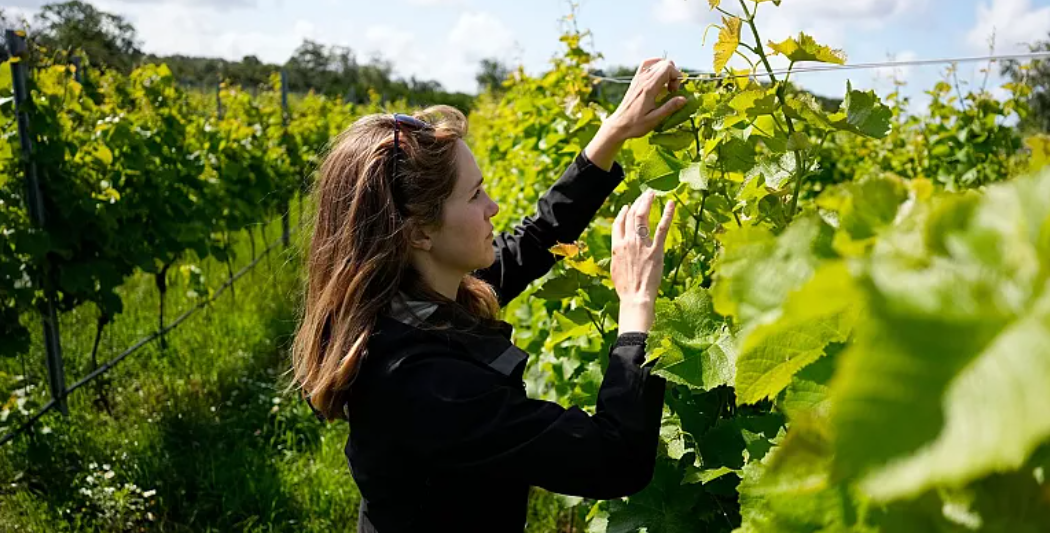Swedish wine: How global warming is shifting Europe’s vineyards northwards. Scandinavian wine could be the next big thing as unpredictable weather hits southern Europe.
Scandinavia isn’t exactly what connoisseurs would define as prime wine country. But with climate change making for warmer and longer growing seasons and new varieties of grapes adapted to this landscape, Swedish winemaking is gaining steam.
As drought, rising heat, and other extreme weather events are forcing traditional wine-growing regions to reassess their methods, Swedish winemaking is shifting from mostly small-scale amateurs to an industry with growing ambition.
Swedish wine: How global warming is shifting Europe’s vineyards northwards
Kullabergs Vingård is a vineyard and winery at the vanguard of producers seeking to redefine what Swedish wine can be.
Covering an area of 14 hectares, the majority of its vines were planted little more than ten years ago. The vineyard produced over 30,000 bottles a year by 2022; the majority of them were white wines, which are served in upscale restaurants across Europe and Japan and have garnered several awards worldwide.
“Where vineyards in more traditional countries are suffering, we are gaining momentum,” says Felix Åhrberg, a 34-year-old oenologist and winemaker who returned to Sweden in 2017 to lead Kullabergs Vingård after working in vineyards around the world.
Global warming is changing Europe’s wine industry
In certain regions of Europe, grapevines are accustomed to farming without irrigation, and they can withstand heat and drought. However, the last ten years have been the warmest on record for the world, and further warming is predicted. That can hit wine, where even minor weather variations can change grapes’ sugar, acid and tannin content.
Read more: euronews.com
Photo: euronews.com


Leave a Reply